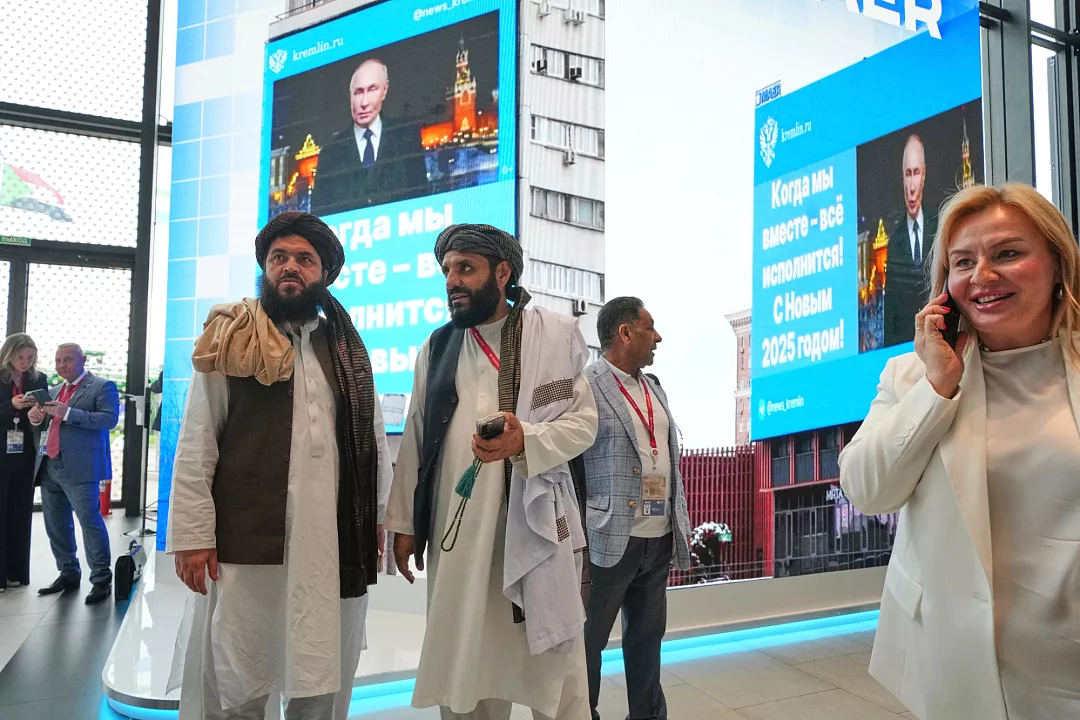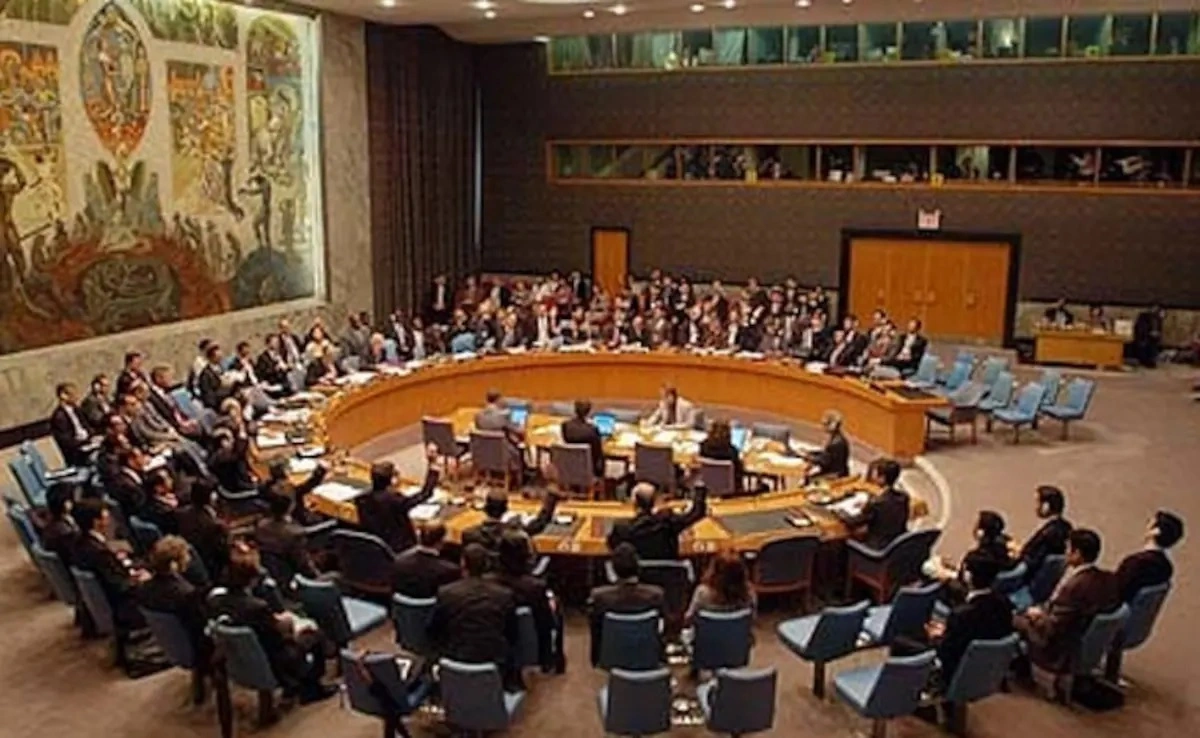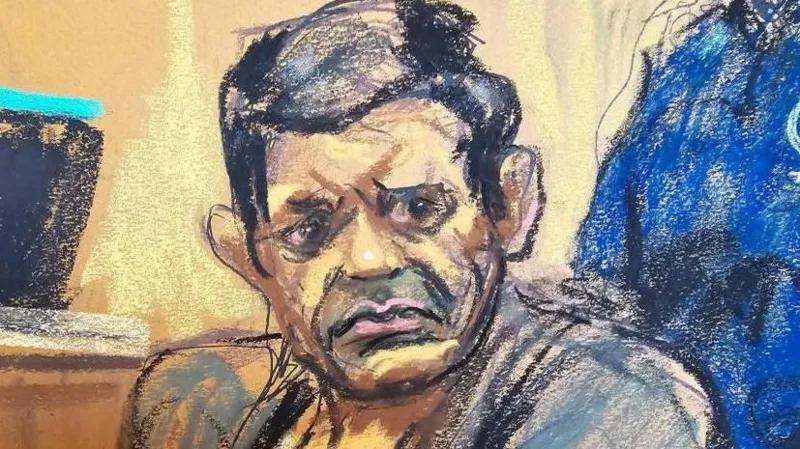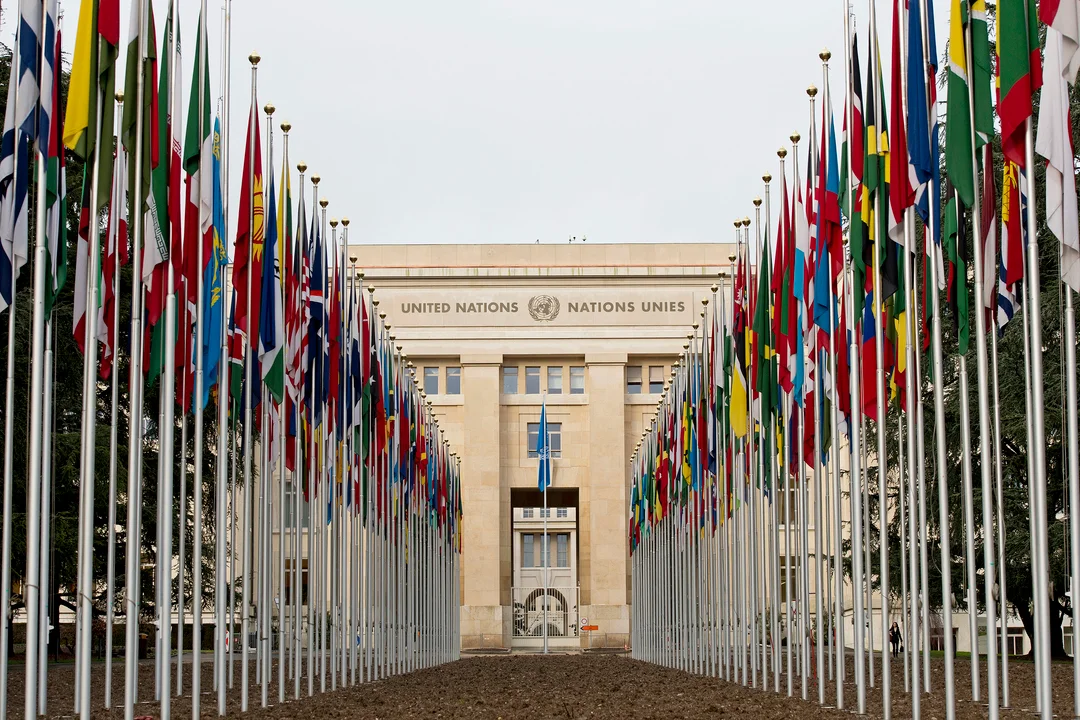
Global Reports Warn Afghanistan Still Hosts Transnational Militants
UN and Russian assessments highlight persistent militant networks in Afghanistan, raising regional security concerns despite Taliban control.

UN and Russian assessments highlight persistent militant networks in Afghanistan, raising regional security concerns despite Taliban control.

Al Jazeera’s portrayal of TTP militants as “fighters” raises concerns over journalistic bias and counterterrorism framing.
![Afghan men search for victims after a Pakistani air strike hit a residential area in the Girdi Kas village, Nangarhar province on February 22, 2026. [Aimal Zahir/AFP/Getty Images]](https://southasiatimes.org/wp-content/uploads/2026/02/gettyimages-2262391441.webp)
An analysis of Pakistan’s cross-border action, security rationale, and regional implications amid rising militant threats.

US arrests highlight India-linked trafficking, transnational crime, and state-linked rogue activity threatening Western security.

TTP’s recruitment in Bangladesh deepens transnational insurgency, highlighting regional security and counter-radicalization challenges.

US–Pakistan tech ties deepen as ICT investment, youth talent, and historic academic links reshape bilateral economic cooperation.

Analysis of the Ramadan-era release of Pakistani soldiers, Saudi mediation, and what it signals for Pakistan-Afghanistan ties.

UN report warns of rising TTP attacks from Afghanistan and growing regional terror threats, rejecting Taliban claims of eliminating militants.

Indian national Nikhil Gupta pleads guilty to plotting murder of US Sikh separatist leader; highlights transnational repression risks.

UN Security Council renews Taliban sanctions monitoring as Afghanistan remains a hub for international terrorist networks.